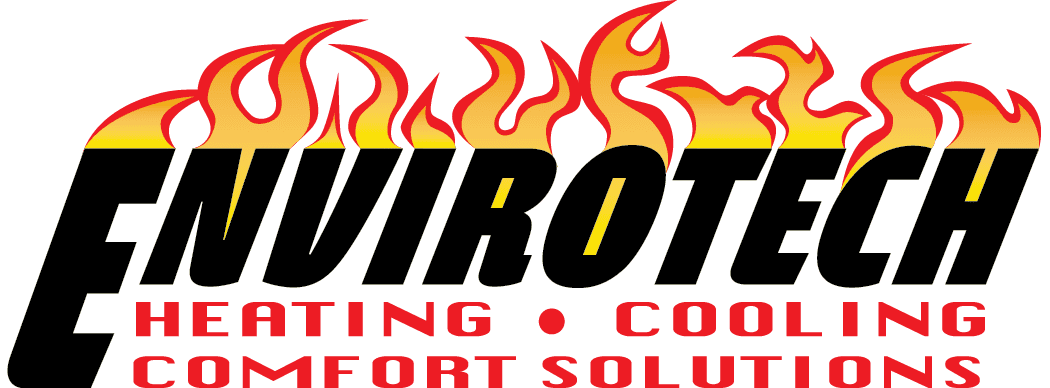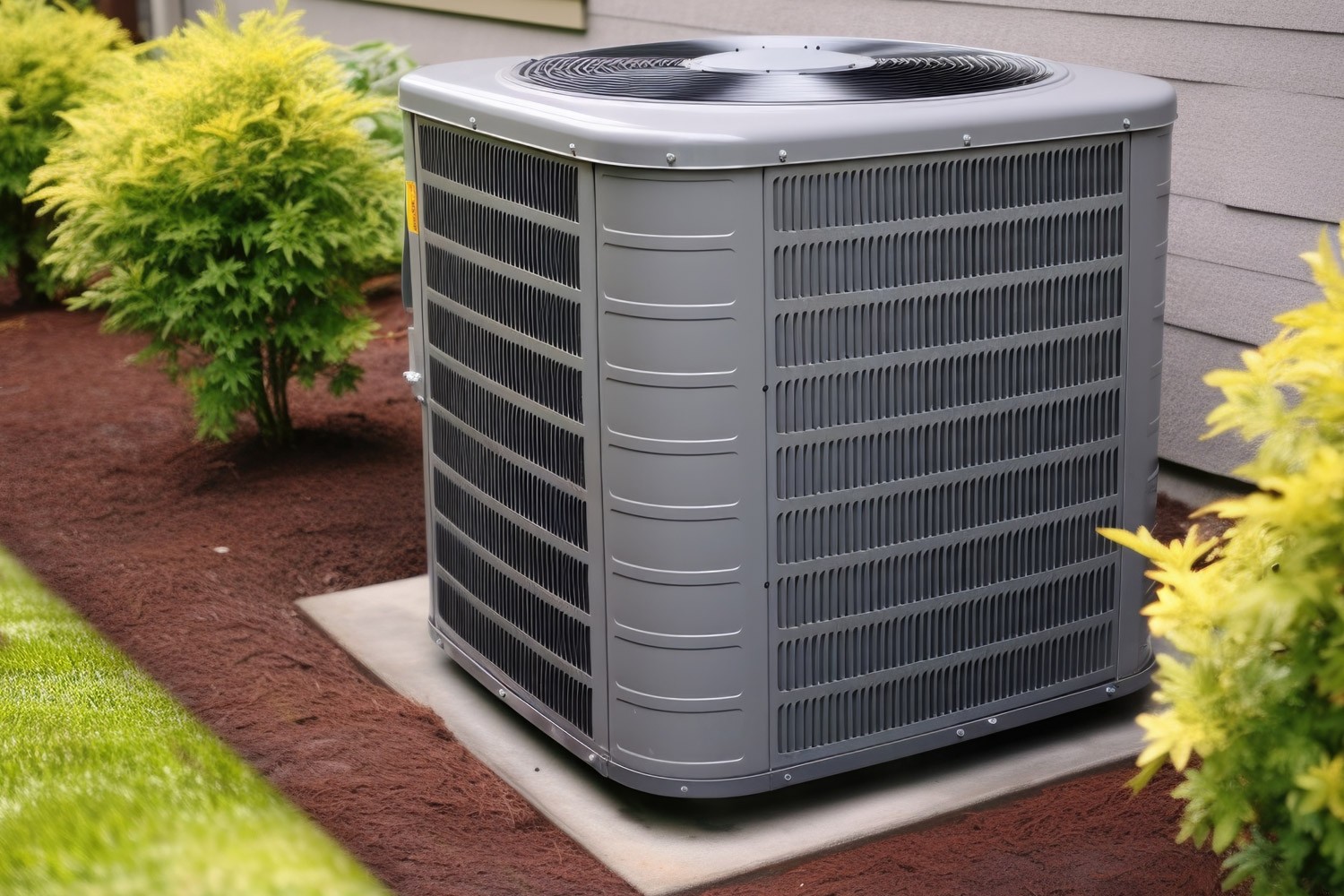As we navigate the evolving landscape of HVAC technology in 2025, it’s crucial to stay informed about changes that affect your home’s heating and cooling systems. One of the most significant updates concerns refrigerants—substances essential to the cooling process in your HVAC system. This blog will dive into the latest refrigerant regulations, their environmental impact, and how they might affect your HVAC system and wallet.
What’s Changing in the World of Refrigerants?
In recent years, the HVAC industry has been shifting away from older refrigerants such as R-22 (Freon). This shift stems from international agreements like the Montreal Protocol, which aim to reduce substances that harm the ozone layer. The United States Environmental Protection Agency (EPA) has mandated the phase-out of these harmful refrigerants in favor of more eco-friendly alternatives.
Key Updates:
- R-22 Phase-Out: Production and import of R-22 have been banned since January 1, 2020. Existing stocks are dwindling, making repairs for systems using R-22 increasingly costly.
- Introduction of R-410A: A more environmentally friendly option, R-410A, has become the standard for newer systems. However, even this refrigerant is facing scrutiny as the industry moves toward even greener options.
- Emerging Refrigerants: Newer refrigerants like R-32, R-454B, and R-466A are being introduced. These alternatives have lower Global Warming Potential (GWP) and are designed to minimize environmental impact.
Why Should You Care?
- Environmental Responsibility
Older refrigerants like R-22 are classified as ozone-depleting substances (ODS). Transitioning to newer refrigerants helps reduce your carbon footprint and contributes to a healthier planet.
- System Compatibility
If your HVAC system is more than 10 years old, it may still rely on outdated refrigerants. These systems are less efficient and could face compliance issues as regulations tighten.
- Rising Costs
The limited supply of R-22 has led to significant price increases. Repairs involving older refrigerants can be prohibitively expensive, making system replacement or retrofit a more cost-effective solution.
Options for Homeowners
Upgrade Your System
- Benefits: Investing in a new HVAC system that uses modern refrigerants like R-410A or newer options can significantly increase energy efficiency, reduce repair costs, and lower your energy bills.
- Rebates and Incentives: Many utility companies and governments offer incentives for upgrading to energy-efficient systems.
Retrofit Your Existing System
If replacing your HVAC system isn’t feasible, retrofitting it to be compatible with newer refrigerants is an option. This involves modifying certain components to ensure compatibility with the new refrigerant.
Regular Maintenance
Regular maintenance can help extend the life of your current system. An HVAC technician can inspect your system for leaks, ensure proper refrigerant levels, and keep it running efficiently for as long as possible.
How Envirotech Can Help
At Envirotech, we understand the complexities of refrigerant transitions and the impact on homeowners. Our team of expert technicians is equipped to:
- Assess Your System: We can evaluate your current HVAC system and provide recommendations tailored to your needs.
- Provide Upgrades: Whether you’re looking for a full system upgrade or a simple retrofit, we have the solutions.
- Maintenance Services: Our maintenance plans ensure your system stays in peak condition, minimizing downtime and unexpected costs.
What’s Next?
The refrigerant landscape is continuously evolving. Staying proactive with your HVAC system ensures you’re prepared for future changes, while also taking advantage of the benefits newer technologies offer.
Don’t wait until an emergency arises! Reach out to Envirotech today to discuss your options and make sure your home stays comfortable and compliant. Call us at 913-268-6700 or schedule a consultation today.

